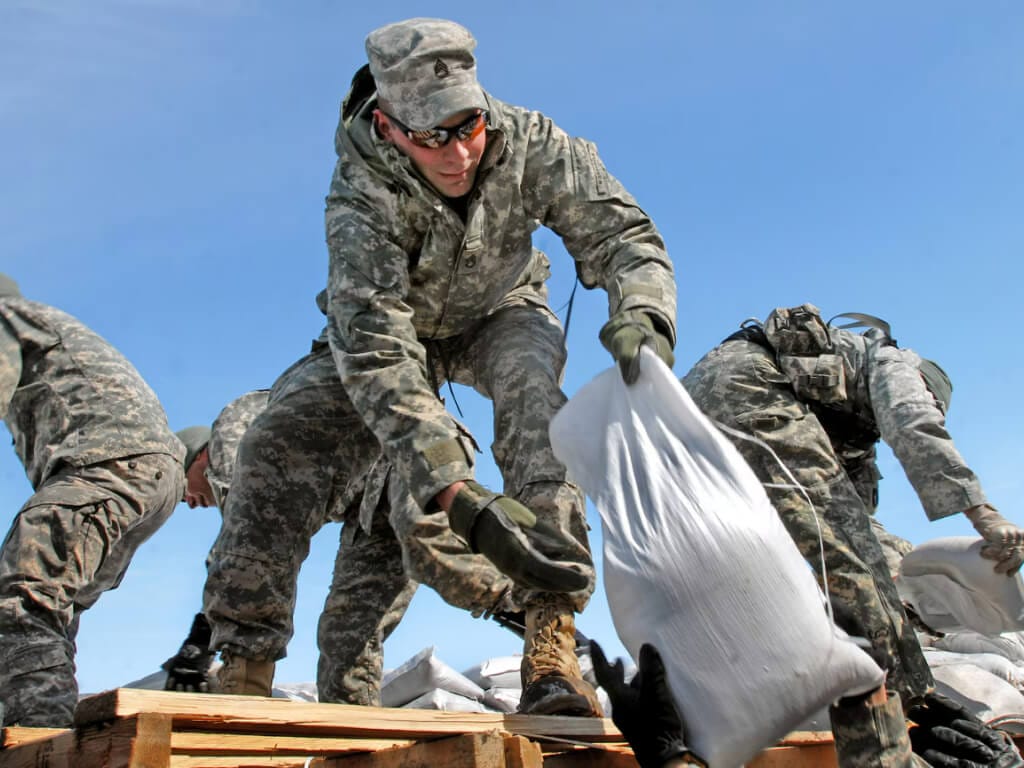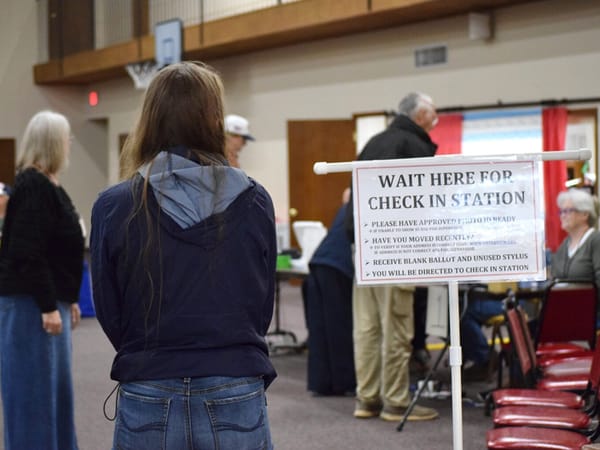In the Wake of Rising Waters, a Call for Readiness in Arkansas
After devastating flash floods in Texas claimed more than 100 lives, Arkansas lawmakers are urging stronger emergency communication, proactive preparedness, and early warning systems to protect vulnerable communities.

The true scale of the disaster is still emerging, but the flash floods that swept through Texas’ Guadalupe River region over the July 4 weekend have already left a deep mark on the state’s recent memory. A stalled storm system dropped five to seven inches of rain in only a few hours, causing the river to surge more than 25 feet in just two hours. The flood struck in the early morning, swift and without warning, leaving residents and campers with almost no time to react.
At least one hundred people have been confirmed dead so far, and officials warn the toll is likely to rise. The tragedy serves as a sobering example of how the climate crisis is reshaping daily life. Events once considered rare are becoming disturbingly frequent. For neighboring states like Arkansas, with its low-lying terrain and complex river systems, the floods stand as a stark reminder of the urgent need for preparedness.
A Renewed Focus on Flood Safety
On Tuesday, July 8, Arkansas State Senator Missy Irvin urged lawmakers to make emergency flood preparedness a legislative priority. Speaking at a meeting of the Arkansas Legislative Council’s Game and Fish and State Police subcommittee, Irvin, a Republican from Mountain View and co-chair of the panel, stressed that the issue could no longer be delayed.
She pointed to the recent floods in Texas as a warning, reminding colleagues of Arkansas’s own tragedy fifteen years ago when the Camp Albert Pike flood claimed 20 lives. Irvin said future meetings should focus on improving emergency communication systems, especially in rural areas where cell phone coverage remains unreliable. She also called for closer coordination with Arkansas’s congressional delegation and federal agencies such as the Federal Communications Commission to pursue practical solutions.
Irvin emphasized that broader participation is needed in these discussions to develop reliable early warning systems that can protect communities. She added that county governments are central to both communication networks and emergency response and must be integrated into any long-term preparedness strategy.
From Reaction to Readiness
Mike Hagar, Arkansas’s secretary of Public Safety and director of the State Police, who also oversees the Division of Emergency Management, said his agency is seeking to move away from a pattern of reacting only after disasters strike. The goal, he explained, is to develop a more proactive model. Though few details of the plan have been made public, he noted that the effort will be carried out in partnership with the Department of Parks, Heritage and Tourism.
Hagar admitted that the state has too often acted only after disasters have already struck. He called for a stronger forward-looking approach, arguing that if a threat can be predicted, it should also be prevented.
Lessons That Cannot Be Ignored
Experts caution that the challenge of emergency preparedness reaches far beyond Arkansas. In recent years, devastating flash floods in Texas, New Mexico, and Kentucky have underscored the urgent need for governments to prioritize readiness long before disaster strikes. These events highlight that climate change is no longer a distant concern but an immediate and escalating danger.
For Arkansas, the warning is unmistakable. As floods grow more frequent and severe, building stronger systems of communication, coordination, and early warning may be essential to safeguarding communities in the years ahead.





